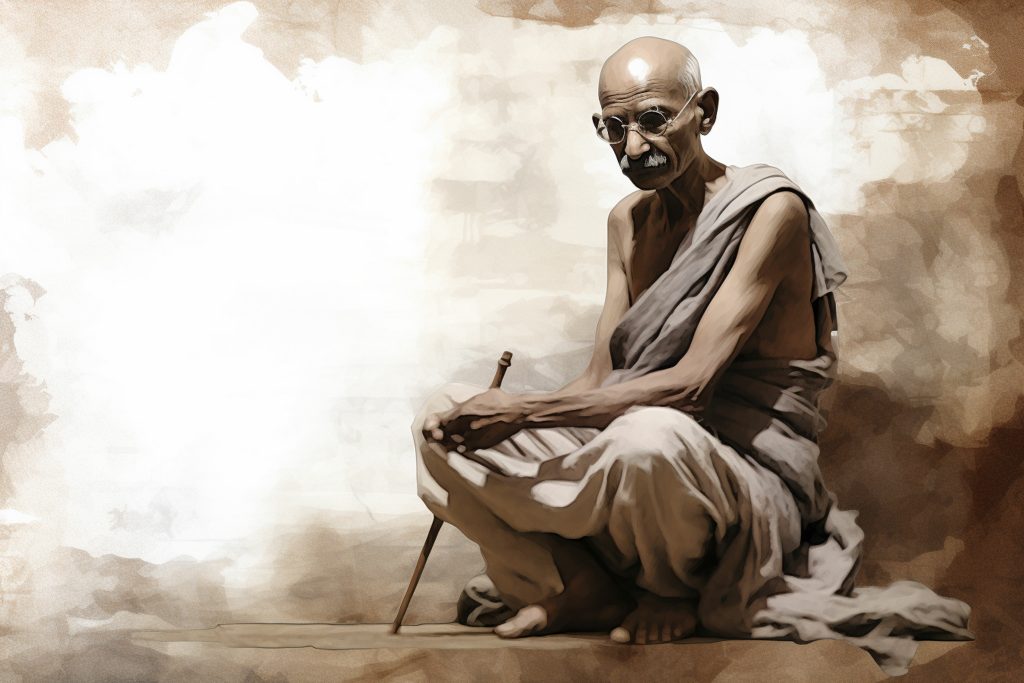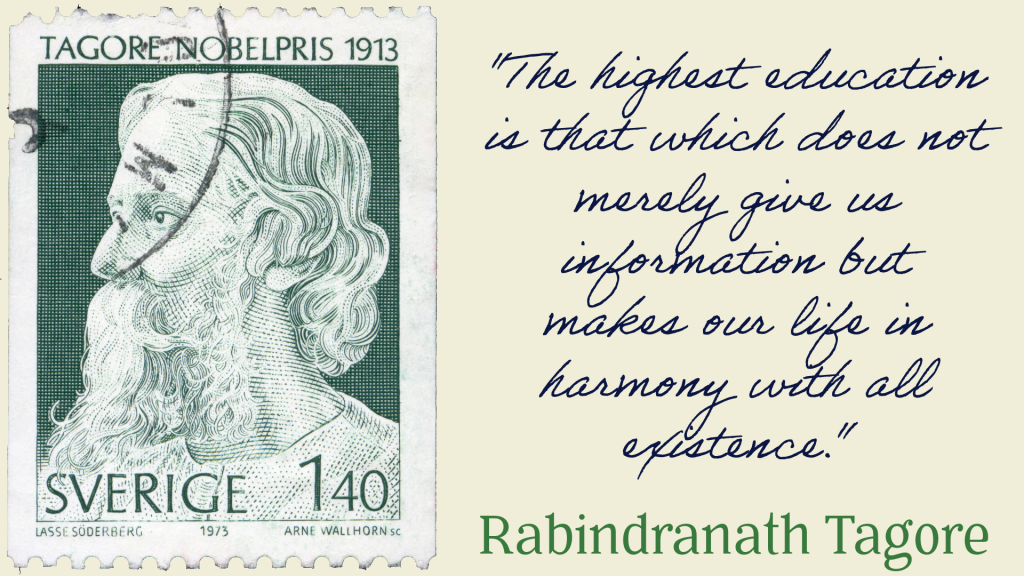Exploring the history of education in India is like uncovering hidden treasures, each landmark decision and key document has played a crucial role in shaping the nation’s school system. These documents provide a wealth of evidence and insights, allowing us to understand the historical perspective and deduce future implications. We encounter a plethora of events and initiatives that have shaped the educational landscape.
Just before India gained independence, the Sargent Plan (1944), formulated by the Central Advisory Board of Education (CABE), proposed free and compulsory education for all children up to the age of 14. This ambitious plan aimed to achieve universal primary education within a specific timeframe and laid the foundation for subsequent education policies in independent India. [1]
Several commissions and policies followed, each playing a crucial role in shaping the trajectory of education. The University Education Commission (1948-1949), also known as the Radhakrishnan Commission, primarily focused on higher education but also made recommendations regarding school education, including curriculum reform, teacher training, and educational administration. [2] The Kothari Commission (1964-1966) further examined various aspects of the education system, leading to the formulation of the National Policy on Education (NPE) in 1968. [3] Subsequent policies and initiatives, such as the NPE 1986, Programme of Action (POA) 1992, Sarva Shiksha Abhiyan (SSA), Rashtriya Madhyamik Shiksha Abhiyan (RMSA), National Curriculum Framework (NCF) 2005, Right to Education (RTE) Act 2009, NEP 2020, and the recent NCF 2023, have continued to guide and influence the evolution of education in India. [4]
Exploring Historical Aspects: A Point-by-Point Analysis:
- Diversity in Education Systems:
India boasts a rich history of diverse educational systems, encompassing Gurukuls, Madrasas, and modern schools. Recognizing the strengths and weaknesses of each system can inform the development of a more inclusive and adaptable education system for the future. [5]
- Cultural Integration:
Education in India has always been deeply intertwined with its cultural and spiritual heritage. Acknowledging the significance of cultural integration can foster a sense of identity and pride among learners while promoting inclusivity. [6]
- Accessible Education:
India’s past demonstrates periods of remarkable progress in education accessibility, notably during the Maurya and Gupta empires. Emphasizing accessible education for all socioeconomic backgrounds can address current disparities and ensure equitable opportunities. [7]
- Innovation and Adaptation:
Throughout history, Indian education has exhibited resilience and adaptability. Embracing innovation and remaining open to evolving educational practices is crucial to meet the diverse needs of future learners. [8]

“By education I mean an all-round drawing out of the best in child and man-body, mind and spirit.” – Mahatma Gandhi
- Holistic Education:
Traditional Indian education often prioritized holistic development, encompassing intellectual, emotional, and spiritual growth. Integrating such holistic approaches into modern education systems can cultivate well-rounded individuals equipped to tackle complex challenges. Even in pre-independence India, Gandhi’s educational theory had a clear social orientation. He envisaged the education of the whole man through craft. [9]
- Local Contexts and Global Perspectives:
India’s educational history underscores the importance of balancing local contexts with global perspectives. Fostering cross-cultural understanding and providing opportunities for international exposure can prepare learners to thrive in an interconnected world. [10]
- Empowerment through Education:
Education has consistently served as a tool for empowerment throughout India’s history, enabling individuals to challenge social norms and pursue personal and societal advancement. Investing in education as a means of empowerment can contribute significantly to positive social change in the future. [11]
By drawing on these valuable historical insights, policymakers, educators, and stakeholders are giving in tremendous efforts to forge a more inclusive, adaptive, and empowering education system that will uplift future generations in India [12].

Challenges and Future Directions
- Implementation Gap:
The true challenge lies not just in formulating policies but in implementing them effectively, capturing both the letter and spirit of their intent. Unfortunately, across various domains of school education, the essence of established goals and aspirations has not been fully realized. Developing robust mechanisms to achieve the envisioned outcomes remains a crucial task. [13]
- Teacher Development:
The role of educators is paramount. High-quality teacher training centers and effective in-service professional development programs are essential. While quantitative progress has been made, fostering qualitative excellence in teacher training remains an ongoing need. [14]
- Early Childhood Education:
The current emphasis on literacy and numeracy in early childhood education often neglects the crucial aspects of cognitive development during this critical stage. The focus should shift towards developing practical skills and empowering children to become independent learners. [15]
- Art Integration and Multiple Intelligences:
The potential of art integration and multiple intelligence-based teaching methods remains underutilized. These approaches can contribute significantly to holistic human development, but require greater awareness and implementation among educators. [16]
- Moral and Ethical Development:
Despite ongoing discussions, effective mechanisms for imparting moral values and ethics are lacking. Moving beyond mere sermons to develop practical strategies for fostering ethical behavior is essential. [17]
- Skill Development:
In a rapidly changing world, skill development and continuous upskilling are crucial. While initiatives exist, a more comprehensive and effective approach is needed to equip students with the skills required to meet evolving industrial demands and global challenges. [18]

As we navigate the challenges and opportunities outlined, let us remain steadfast in our commitment to not just envision a brighter future for education in India, but to actively create it. In every challenge lies an opportunity to transform, innovate, and uplift, crafting an educational legacy that generations will cherish and build upon.

